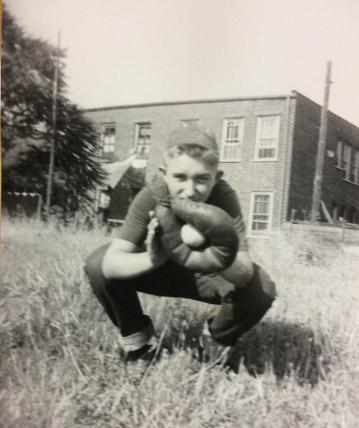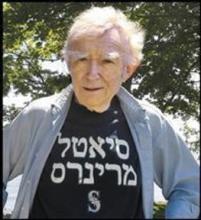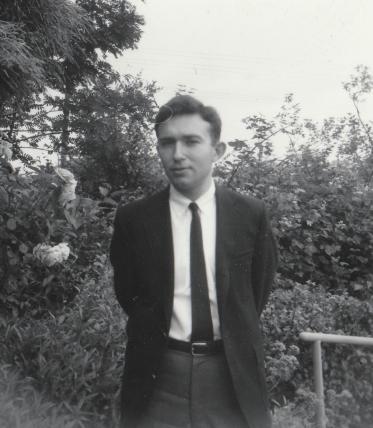Professor Edward Alexander, 1936-2020
English Matters thanks Professor Emeritus Joe Butwin for composing the following touching tribute to his recently passed good friend Professor Emeritus Edward Alexander. A superb scholar, teacher and colleague, Professor Alexander will be missed. Rest in peace.
First, to be clear. Professor Edward Alexander who taught in the English Department from 1960 to 2004 and died in Seattle on August 22, 2020, was always, simply “Eddie” to his friends and family, including his beloved wife Leah who preceded him in death by 3 years and his daughter Rebecca and his son David. Since it is as a friend—and a colleague—that I write, I will use the appropriate name, and I will lay down my credentials right away. I met Eddie in 1967 when I was a graduate student at Harvard and he was teaching summer school at Tufts where the English Department was chaired by Robert Stange whom we had both known at the University of Minnesota. Eddie was a graduate student at Minnesota shortly before I entered as an undergraduate. By 1967 we had both studied Victorian Literature with same professor, but the great Carl Yastrzemski and the Boston Red Sox took our attention away from John Stuart Mill and Matthew Arnold that summer in the bleachers--$2 a seat—at Fenway Park.

Though Eddie can’t be said to have left one field for another, he began in the early 1970s to devote enormous energy to generating a Jewish Studies Program at the University of Washington along with the distinguished Stroum Lectureship where one of the first and most impressive speakers was his friend Irving Howe. It was an amusing friendship to witness: mutual respect, amiable argument, frequent differences and a shared passion for the promotion of Jewish literature and culture. Although Eddie would carefully untangle “Classical Liberalism and the Jewish Tradition” (the title of a book that he published in 2003), I believe that he and the “socialist” Irving Howe and many of the intellectuals who bridge their generations shared a commitment to at least one tenet of the classical liberalism whose parent was the other subject of Eddie’s first book, John Stuart Mill: free-wheeling argumentation is the best path to something like the truth. Eddie loved a debate. He brought literary elegance—and more than a pinch of acid—to the argument. One ingredient sometimes out-did the other, but the case he made was always compelling.

---Joe Butwin
